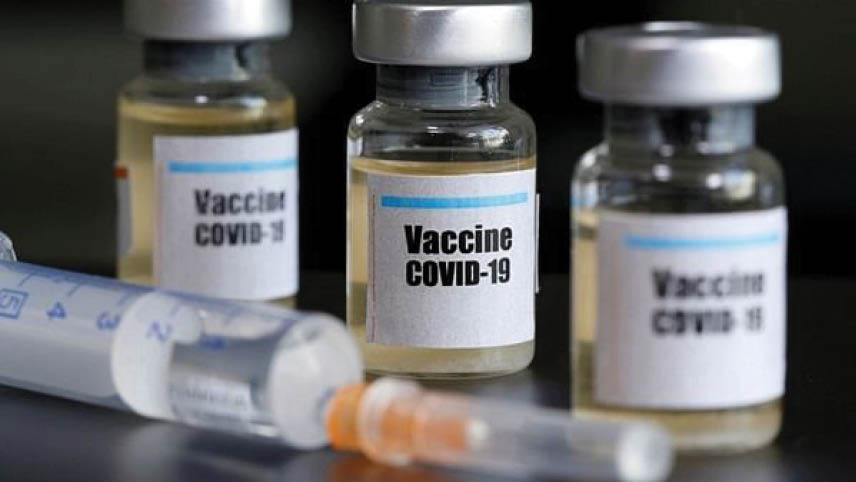As one of the worst-hit nations with rising cases of the novel coronavirus, India awaits with baited breath a promising announcement of a vaccine approved by regulatory authorities which have been monitoring the progress of several vaccine candidates. India’s realistic hopes, however, hinge heavily on three to five vaccine candidates.
Recent updates have shown India’s plans for the immediate production of the AstraZeneca-Oxford vaccine produced by the Pune-based Serum Institute of India (SII) which aims to roll out a 100 million doses by December 2020 and kick off an inoculation drive, with India as first priority for delivery of the vaccine.
The British–Swedish multinational pharmaceutical, AstraZeneca, has reported that its Covid-19 vaccine is 70% effective without any serious side effects. Cyrus Poonawalla, founder of SII, which is testing and manufacturing the candidate under license, said that the vaccine would be available in India “very soon”. SII has already produced 40 million doses of the vaccine so far. “A vaccine against the coronavirus disease will be available very soon in our country. We are going to ask for special emergency marketing authorization in 45 days from today,” said Cyrus Poonawalla on 24th November, 2020, as per news reports.
His dynamic son, Adar, the CEO of SII who has been spearheading the vaccine’s manufacture said that he was delighted on the progress and assured that the low-cost vaccine would soon be widely available. “It will be another two to three months for the vaccine to be available in India. By January we will have 100 million doses, minimum. The target set by the government is 300 to 400 million doses by July,” he said.
Emergency authorisation for the vaccine by the Indian regulator will be the first step in ensuring its administration based on a priority list, starting with frontline healthcare workers. SII scientists are hopeful of being able to roll out the vaccine before the year is out. “We hope the government will give the go-ahead for vaccinating persons at highest risk – doctors, nurses, and healthcare workers at hospitals. In anticipation of receiving regulatory clearance, 100 million doses will be ready through special license in one and a half months,” said Adar.
The interim analysis of the vaccine, which included 131 Covid-19 patients, indicates that one dosing regimen showed a 90% efficacy when the vaccine was given as a half dose, followed by a full dose at least one month apart; another regimen showed 62% efficacy when given as two full doses at least one month apart. “The combined analysis from both dosing regimens resulted in an average efficacy of 70%. All results were statistically significant. More data will continue to accumulate and additional analysis will be conducted, refining the efficacy reading and establishing the duration of protection,” shared an AstraZeneca press release.
The Serum Institute of India, the world’s largest vaccine maker by volume, has partnered with AstraZeneca, the Gates Foundation and the Gavi Alliance to produce more than a billion doses of the vaccine for global supply. Officials in the health ministry pointed out that the Oxford-AstraZeneca vaccine is markedly cheaper and is estimated to cost at about $2.50 a dose. In contrast, Pfizer’s vaccine costs about $20 a dose, while Moderna’s is upwards of $25. The Indian government is in talks with developers and manufacturers of all potential Covid-19 vaccine candidates for procurement of their product.
Currently, vaccine candidates which are in advanced stages of development include – in addition to SII’s AstraZeneca-Oxford vaccine called ‘Covishield’ – Bharat Biotech and ICMR’s vaccine – ‘Covaxin’; Dr Reddy’s ‘Sputnik’; and vaccines by Pfizer, Moderna and Zydus Cadila’s indigenous vaccine manufacturer (based in Gujarat.)
- સોરાબજી બરજોરજી ગાર્ડા કોલેજ ટ્રસ્ટ, નવસારી - 8 February2025
- અજમલગઢ ખાતે ઐતિહાસિક જશન યોજાશે - 8 February2025
- સાહેર અગિયારીએ 179મા સાલગ્રેહનીભવ્ય રીતે ઉજવણી કરી - 8 February2025
